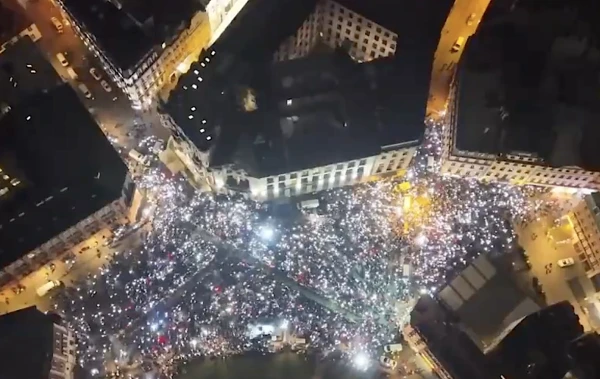
The protest that took place on Thursday, November 6, in Old Riga against withdrawing from the Istanbul Convention became one of the largest political rallies in Latvia since the restoration of independence. Residents of Latvia are usually quite passive in participating in such events. TV3 news tried to find out why the convention brought so many people to the streets.
According to the State Police, more than 10,000 people attended the rally on November 6 in Old Riga, and hundreds of protesters took to the streets in other cities in Latvia and abroad. One of the largest protest actions in recent years was supported by one of the leaders of the 'Atmoda' movement, Velta Chebotarenoka. In her opinion, such a large number of participants can be explained by the fact that a significant number of women in Latvia face violence. And seeing what some members of the Saeima were planning to do, people simply could not remain indifferent.
"Many have experienced beatings at home. Mothers, godmothers, or mothers' friends were beaten. I am also a person from the Soviet era, and back then it was almost considered the norm. But this convention stipulates that even if he beat you yesterday, and you then withdraw your statement — he will still be punished, he will still be kept away from you, and you and your children will be safe," Chebotarenoka explained.
However, political scientist Andris Kudors has a different opinion. Although he acknowledges that the problem of violence needs to be addressed, he states that people were drawn to the protest by contrasting different groups in society.
"What struck me at the rally was that now everyone who opposes leftist ideology is equated with enemies of Latvia. The left has managed to mobilize society well. After all, the slogan 'against violence' is a good one. Who would argue with that? But I believe they have gone too far and tarnished conservatives as well," Kudors pointed out.
At the same time, both Kudors and Chebotarenoka believe that the motives for which people came to protest were not only related to the Istanbul Convention — the inability of politicians to clearly explain why it is necessary to withdraw from the agreement also played a significant role.
"One day he is 'for', the next he is 'against' or abstains. You see, I watched 'Nekā Personīga' and 'De facto' with interest and saw the faces of these politicians. One after another… And the arguments for why — were sometimes simply cynical. And what I despise most in politicians is precisely cynicism," Chebotarenoka noted.
"I think this protest showed something broader. I myself was at the radio building — I counted at least seven LGBT flags there. So, this was not just a protest in defense of women and against violence. To some extent, it was a protest against politics as such, against the decision-making process. I think there was also dissatisfaction with the activities of several political parties," Kudors added.
Both Kudors and Chebotarenoka are confident: the topic of the Istanbul Convention will not disappear from the political agenda — it is likely to become part of the election campaign ahead of the upcoming Saeima elections next year, and the parties' positions on this issue may become an important factor in voters' choices.

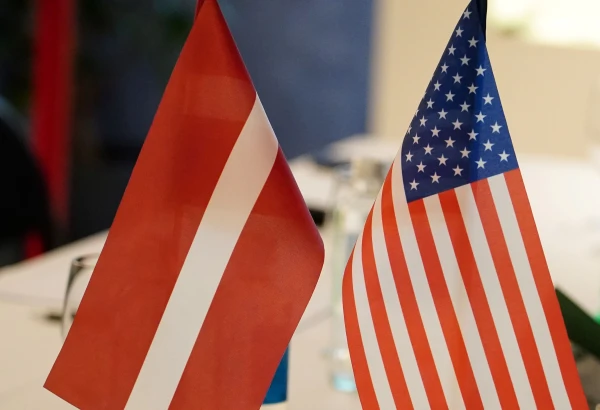

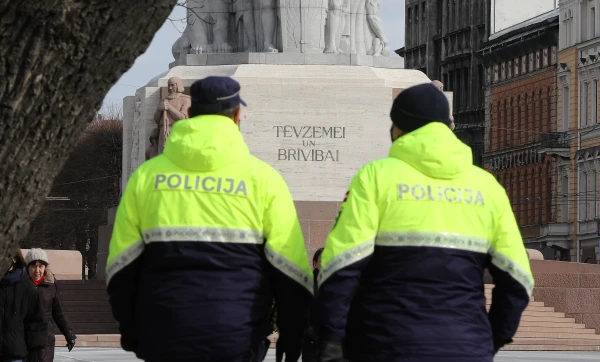
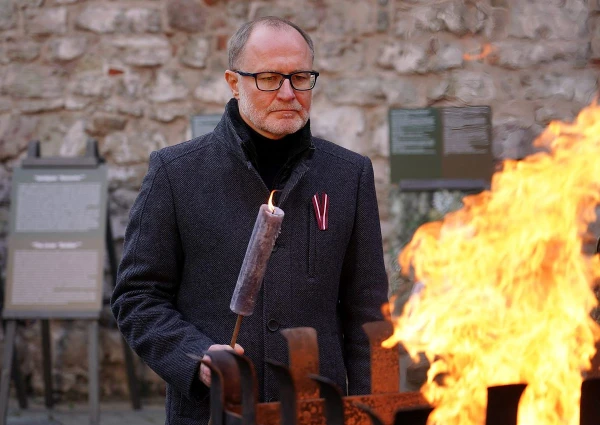
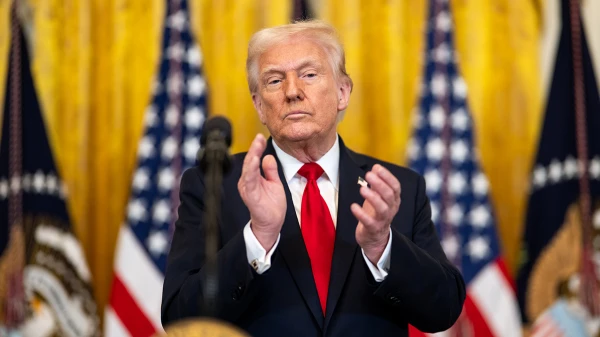
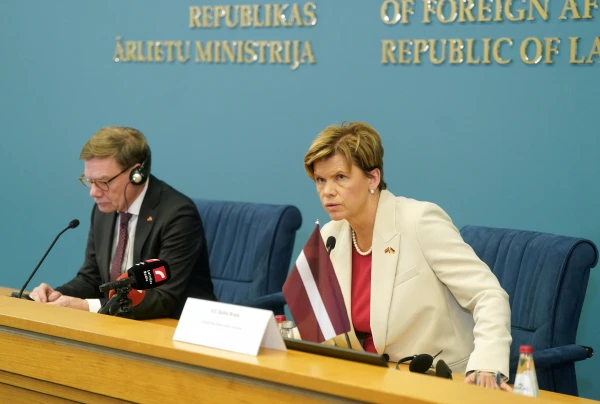
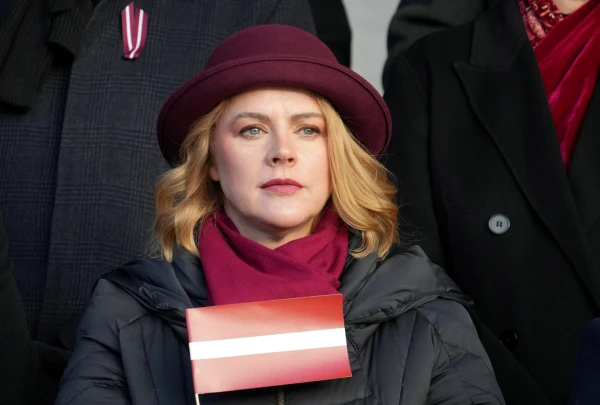
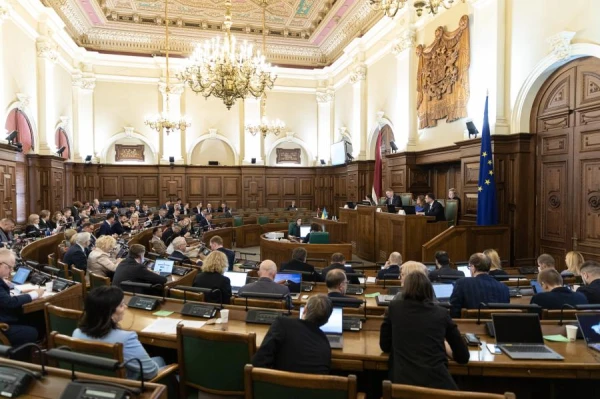
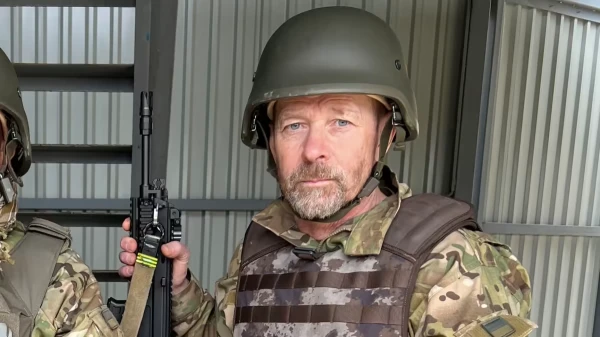

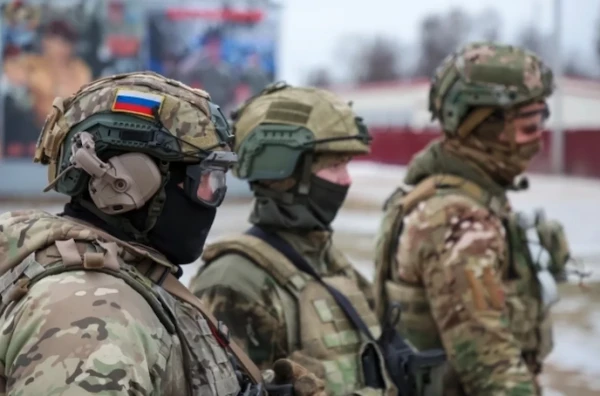

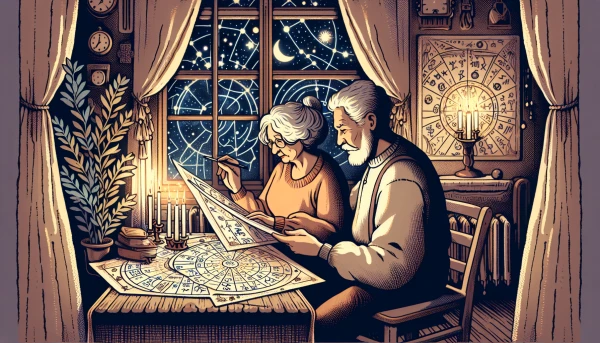
Leave a comment